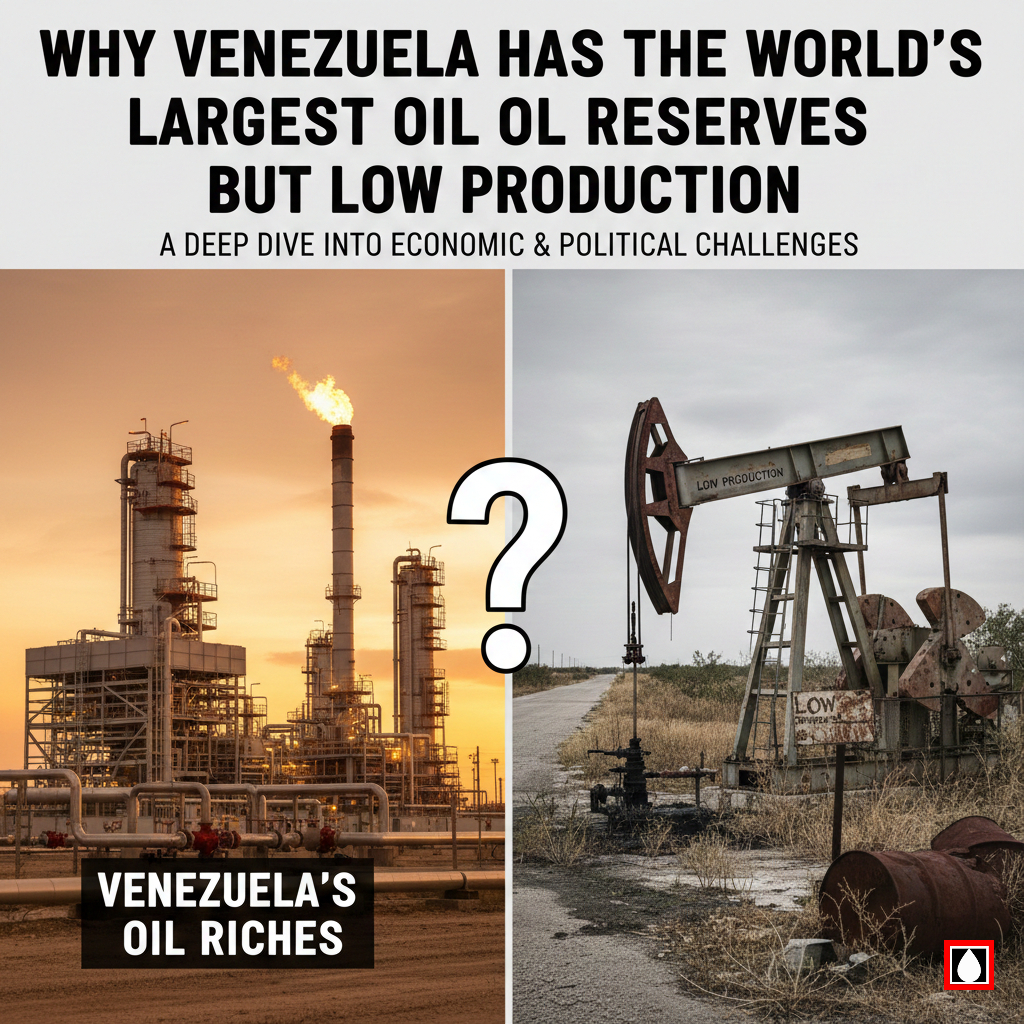Upstream
Upstream deals with the exploration of the resource and jobs among these areas will vary from the building and making of Oil Riggs to the particular drilling and sub sea work. Conmen roles like Drilling Engineer, Geologist, and Completions engineer and need folks with a decent information of science like seismal engineers and geotechnical and environmental engineer.
Down stream
Downstream deals with the industrial plant method and is that the method used that make substance like gaso line that's these days utilized in gaso line a number of the key roles among this sector will vary from production engineer, method and management engineering, and chemical engineering, style engineers also are have to be compelled to produce the method accustomed refine the raw oil and gas.
Pipeline
Pipeline is that the term accustomed describe the method of moving of the refined resource, pipeline engineering is one among the foremost common recruitments among the oil and gas trade, alternative roles like applied science, Integrity, and fluid mechanics conjointly play a vital half throughout this method.
oil and Gas jobs work with the world’s leading oil and gas employers and achievement agencies to bring you simply relevant jobs among every on the key stages and advertise vacancies, our shoppers advertise jobs in over ninety worldwide location and provide a number of the simplest edges, rewards and careers that any trade needs to provide.
Complete Oil and Gas Industry Practical Training Course
Complete Oil and Gas Industry Practical Training Course is a self-learning, practical program powered by industry expertise. Log in to explore, practice real scenarios, and grow industry-ready skills.
- pipenet
- pipesim
- HTRI
- olga
Key Job Roles in the Oil and Energy Industry
1. Petroleum Engineer
Role Overview: Petroleum engineers are involved with planning of techniques whereby oil and natural gas can be produced from the subterranean holes. It comprises of reservoir engineering, drilling engineering and production engineering among others.
Key Responsibilities:
- Developing and optimizing drilling techniques.
- Designing and monitoring drilling equipment and operations.
- Analyzing reservoir performance and planning enhanced recovery methods.
Skills Required:
- Strong understanding of geology and reservoir behavior.
- Proficiency in drilling and production technology.
- Problem-solving and analytical skills.
- Experience with simulation and modeling software.
Career Path: Career growth opportunities that are available include career promotion to a higher position like senior engineer, project engineer or even operations engineer. It also reveals that with experience, they may also switch to, for instance, reservoir management or consulting.
2. Geoscientist
Role Overview: It is important to note that Geoscientists are involved in the identification and evaluation of oil and gas resources with focus on the earth structure and dynamics. They use geologic information in the determination of exploration and production strategies.
Key Responsibilities:
- Geophysical exploration, geological and geotechnical investigations, and geo-locations surveys.
- The conduct of tests of geology samples: rocks and soils.
- Analyzing seismic data for the purpose of evaluation of the potential reserves.
Skills Required:
- Possesses geographic, geo-physical, and petrophysical experience.
- Knowledge within quantitative analysis and interpretation regarding the collected information.
- Specific skills and knowledge in the result of geological modeling and mapping tools.
- Career Path: Geoscientists are also promote to senior geoscientist positions, project leader and managerial positions in E&P.
Career Path: Geoscientists may advance to senior geoscientist roles, project lead positions, or management roles in exploration and production.
3. Drilling Engineer
Role Overview: Drilling engineers are responsible for conceptualization and management of the drilling of the oil and or gas well. They are responsible for the safe, efficient, economical performance of the operations which involve drilling.
Key Responsibilities:
- Selecting properties to drill, and drilling techniques, plans, and operations.
- Choosing the right or suitable drilling equipment.
- Supervising the process of drilling and dealing with various technical problems associated with it.
Skills Required:
- Special insight on the technology used and the various equipment used in drilling.
- Effective solving and analysis skills in problem-solving and troubleshooting.
- Labour requirements and knowledge with the use of drilling software and simulations.
- Career Path: These drilling engineers can advance to the level of senior drilling engineers, drilling supervisors or managers and hold positions in the management of drilling operations.
Career Path: These drilling engineers can advance to the level of senior drilling engineers, drilling supervisors or managers and hold positions in the management of drilling operations.
4. Energy Analyst
Role Overview: Energy consultants analyze the market and usage of energy and the price of energy to give their opinion in energy utilization or investment on energy.
Key Responsibilities:
- Exploring energy market information and dynamic.
- Understanding the trends of energy prices and demand.:
- Evaluating the issues relevant to developing reports and recommendations of energy strategy.
Skills Required:
- Very good analysis techniques and knowledge in statistical significance.
- Knowledge of data analysis tools and softwares.
- Understanding of opportunities in energy markets and relevant regulation.
Career Path: Energy analysts can be promoted to senior analyst positions, energy consultant positions or administrational positions in the area of energy strategy and energy planning.
5. Environmental Scientist
Role Overview: Environmental scientists working in oil and energy sector are concerned with reducing the effects of energy production on the environment. They are responsible for designing and particularly dictating adherence to policies in environmental management.
Key Responsibilities:
- Conducting environmental impact assessments.
- Management of environmental care through formulation of operational environmental management plans.
- Compliance requirements for operations in a given environment.
Skills Required:
- Familiarity with environmental science education as well as legal requirements.
- Previous exposure to the interface between practical uses of EIA methodologies and methods.
- Good analytical skills as well as excellent communication skills.
Career Path: Environmental scientists can also progress to higher ranking positions in environmental management, join an environmental consulting firm or take up positions in regulatory agencies.
6. Energy Project Manager
Role Overview: An energy project manager supervises energy projects from conceptualization to implementation across infrastructure, exploration and production projects.
Key Responsibilities:
- Controlling the amount of money spent, the time it takes to complete a project from commencement to completion, and acquiring or otherwise being granted access to resources that may be physical like equipment to be used in the project, personnel or human resource, funds or even information.
- Stakeholder and teams management.
- Maintaining adherence to safety and/or other regulations in a project.
Skills Required:
- Organization skills, time management, co-ordination and planning skills.
- Prior knowledge regarding management of project through project management software and tools.
- Opportunity to coordinate people from other departments and organisational resources.
Career Path: Energy project managers may be promoted to project manager at the senior level, or program management level or other higher level executive positions in energy organizations.
7. Renewable Energy Engineer
Role Overview: Renewable Energy engineers on the other hand specialize in the technologies that are used in the generation of renewable energy particularly solar, wind and hydropower.
Key Responsibilities:
- Increasing and improving electric power generation from renewable source of energy.
- Feasibility studies, and costs involved, needs to be addressed.
- overseeing the installation and the maintenance of renewable energy plants.
Skills Required:
- Knowledge of such technologies and systems as in renewable energy.
- Expertise in engineering design and modeling is evident from the current computer technology.
- Solving ability of problems and good handling of projects.
Career Path: Renewable energy engineers can be promoted to higher grading engineers, project managers or consultants in the renewable energy industries.
Skills and Qualifications for Success
1. Technical Expertise
Engineering, geology, environmental science or any other related field is important for many of the available positions in the oil and energy industry. It will be emphased technical skills such as drilling technology, management of reservoirs or systems of renewable energy.
2. Analytical and Problem-Solving Skills
A wide variety of positions within the industry require evaluation and troubleshooting, and streamlining. Problem solving aptitude and analysis capability is something which can be of much use in these positions.
3. Project Management and Leadership
Project management and leadership competencies can prove useful for positing that demands the management of operations, planning of teams or the implementation of large scale projects. It is preferred if the candidate has prior experience by managing project that included skills and knowledge in project management methodologies and tools.
4. Safety and Environmental Awareness
Due to the manufacturing industry’s orientation towards safety and environment, it is important to have adequate knowledge of the safety procedures/requirements, environmental standards, and safety risks. It is important that the professionals know about the best practices and the legal compliance for them to follow.
5. Adaptability and Continuous Learning
The oil and energy industry like any other industry has variables that change the nature of the industry over time hence the importance of experiencing constant changes in technologies and the market in the oil and energy industry. The health care professionals should be willing to learn and should be updated on the working of the new devices in the field.
Career Paths and Growth Opportunities
1. Specialization and Expertise
Reservoir engineering, environmental management or renewable energy technologies are some of the specialty areas most working professionals in the oil and energy industry ‘specialize in’. The road can widen to provide for career advancement and growing area of specialization.
2. Leadership and Management
People seek promotions in their careers and occupy different levels of positions like the project manager, team lead or department head. Of course, the leadership skills are being formed and, thus, the experience in working with the teams and projects can lead to the status of an executive.
3. Consultancy and Entrepreneurship
Fourthly, those already employed may wish to go into consultancy whereby they will advising companies and organizations in the industry. Also, new opportunities for the company’s growth can be found in developing industries like renewable power, or power technology.
4. International Opportunities
Flexibility is another characteristic of the oil and energy industry since the opportunities for an international career exist. Employees might have an opportunity to work in the other countries, contribute to the international projects or deal with the international markets.
Complete Oil and Gas Industry Practical Training Course
Complete Oil and Gas Industry Practical Training Course is a self-learning, practical program powered by industry expertise. Log in to explore, practice real scenarios, and grow industry-ready skills.
- pipenet
- pipesim
- HTRI
- olga
Conclusion
The oil and energy industry is one of the most diverse sectors with lots of choices that one can make that will lead to a certain challenging yet rewarding carrier. From pure sciences like the petroleum engineering and geological interpretation, the industry offers career progression and focus.
According to different changes within the industry regarding technology and shifts in energy policies then new roles will continue to be developed throughout the future. These recommendations explain that with knowledge of what is happening in the industry, qualities obtained and a range of professions considered, one can locate meaningful and satisfying work in this fast-growing sector. As it has been seen no matter which aspect you are interested in; technical, analytical or strategic the oil and energy sector provides a lot of room for growth with well rewarding career paths.








